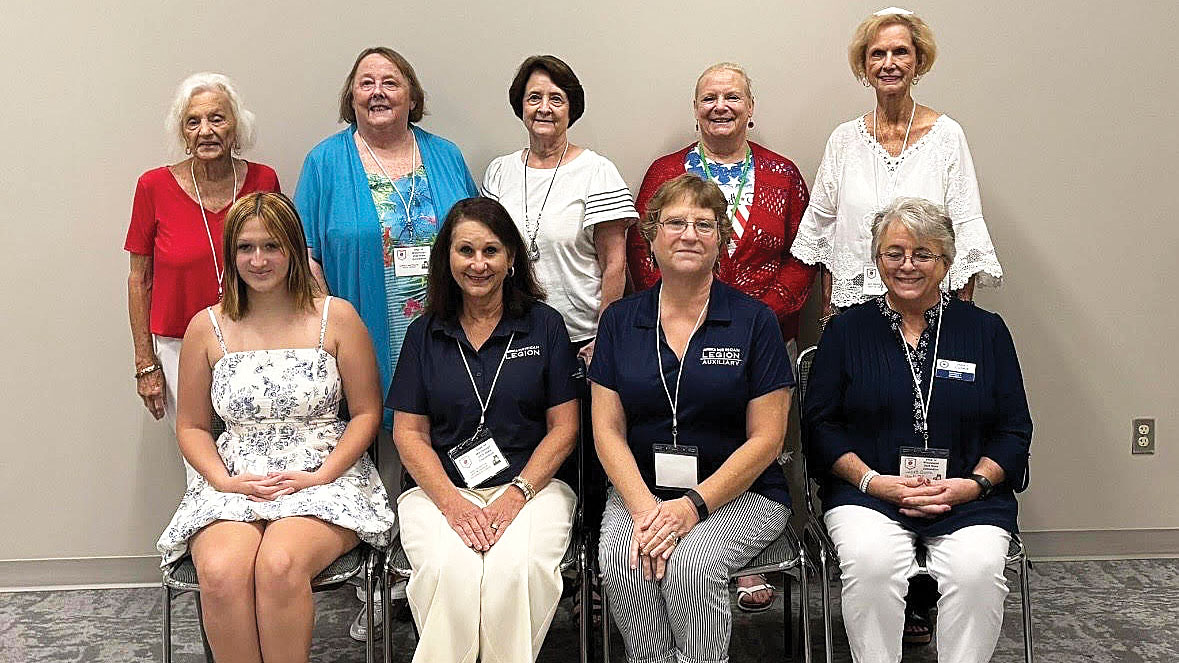Don’t hold your breath waiting on rural broadband
Published 7:00 pm Monday, October 14, 2019
If you live in rural Southwest Mississippi and are waiting for electric co-ops to offer high-speed internet, we have some advice: Don’t hold your breath.
In January, Gov. Phil Bryant signed the Mississippi Broadband Enabling Act into law and now, electric co-ops statewide are studying the impact of jumping onto the rural broadband wagon and whether it will be financially viable.
Sen. Sally Doty, who chairs the Energy Committee in the legislature, knew when she was working on the law that some co-ops wouldn’t be able to offer the service.
Trending
“Of course, when working on this legislation, I talked to the co-ops in my area and knew they would not be the first ones to offer broadband. I knew this would not necessarily be coming to Southwest Mississippi immediately, but I knew it would come to other parts of the state,” she said.
Two area co-ops, Magnolia Electric and Southwest Electric, did not explicitly say they had no plans to offer the service, but comments from both are not encouraging.
“We are below the threshold of being able to make a broadband financial model that would work and pay for itself due to low consumer density,” Magnolia General Manager Darrell Smith said.
“Southwest Electric currently delivers electricity over 4,200 miles of line with an average of six meters per mile. Constructing a fiber network to deliver broadband throughout our nine-county service area that covers over 2,000 square miles would require a tremendous investment,” Deb McGee with Southwest said.
Southern Pine customers have more reason to be hopeful, but not much. The co-op has sent out surveys to gauge interest.
“Southern Pine is considering building a broadband network to bring high-speed internet to our area. To do this requires a large financial commitment,” the company said on social media. “We can’t say with certainty when any one member would receive Internet service, but we are forecasting that depending on several factors, like take rates and contract labor availability. Getting service to every member could take seven to eight years.”
Trending
Getting high-speed internet to rural Mississippians will take more than a change in state law. It will take significant investment from co-ops, the state and likely the federal government. But without it, rural residents will continue to get left behind.




